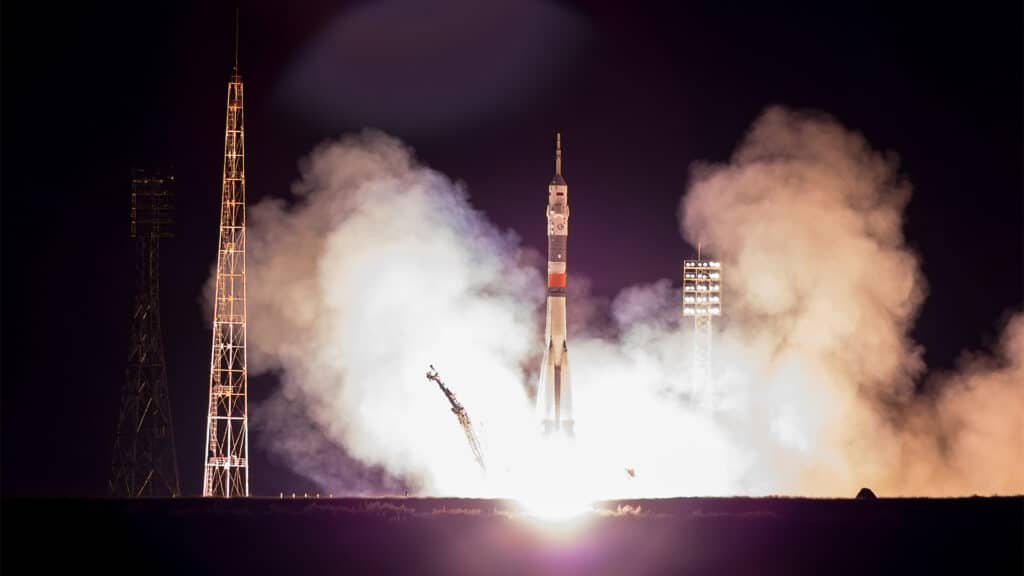Russia wants to continue launching its Proton missiles from Kazakhstan

According to Alexey Varochko, director general of the Khrunichev’s Center Russia producing the Proton missiles, Russia has suggested continuing launches of Proton from Kazakhstan after 2025. Russia should stop launching Proton from Kazakhstan’s territory in two years to meet bilateral arrangements reached earlier.
«Khrunichev’s Center and the Roskosmos State Corporation have prepared and sent their proposal to our Kazakhstani counterparts. Currently, we are looking for a way to address the issue. This process is also going within the Intergovernmental Commission on the Baikonur complex,» Varochko said.
According to the Russian official, there are ten extra Proton-M carrier vehicles in Russia. Some of them are meant to be used within the Russian space program, some for commercial purposes, but some are idle due to geopolitical tensions. Russia now wants to find use for them.
«With this regard, Khrunichev’s Center in conjunction with Roskosmos are working over the possible options of payload for carrier vehicles both inside and outside the country,» Varochko added.
In 2015, Kazakhstan and Russia reached an agreement that launches of Proton should stop after 2025 because the missile was powered by a very toxic fuel called heptyl. At the time, Russia said it would stop production of Proton, replacing it with more Earth-friendly Angara.
According to some media reports, Proton is the most powerful Russian missile, first going to space on July 16, 1965. It was designed as a carrier vehicle for various spacecraft within national and commercial space programs. Overall, more than 400 Proton missiles were launched into space.
Russia has been leasing the Baikonur space complex in the Kyzylorda region of Kazakhstan since 1994. The leasing agreement expires in 2050. Every year, Russia pays $115 million to Kazakhstan for the space complex.

